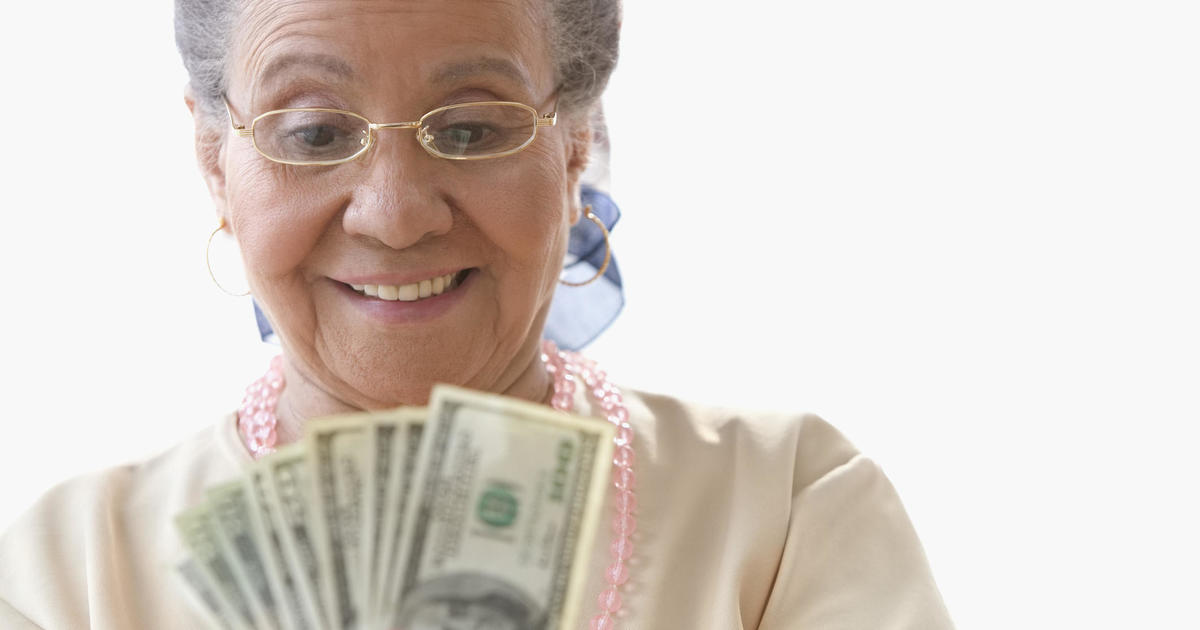LuLaRoe finally loosens its refund policy for defective clothing
Faced with at least two lawsuits accusing it of selling defective merchandise, apparel seller LuLaRoe is making it easier for consumers to get refunds.
Under what LuLaRoe describes as its “Make Good Program” consumers who bought an item between Jan. 1, 2016, and April 24, 2017, and are displeased with the quality of their garments can get a full refund, credit or exchange. Starting April 25, under its “Happiness Policy”, customers can get a refund, credit or exchange for up to 30 days after their purchase and may get a credit or exchange within 90 days. Certain restrictions apply, and receipts are required.
“Some people continue to have questions specifically about the quality of LuLaRoe leggings. We are sorry if we haven’t adequately addressed their concerns. We hope these policies will,” LuLaRoe CEO Mark Stidham said in a statement announcing the new refund and exchange policy. “We want everyone to be happy and believe they received a fair value from their LuLaRoe clothing purchase.”
The policy marks a change in tactics for the Corona, California-based multilevel marketing firm, known for colorful leggings. LulaRoe has repeatedly said its defective merchandise rate was below average for the apparel industry and insisted that its products get multiple quality assurance checks before going on sale.
Despite those assurances, many customers have complained on social media and elsewhere that its leggings are prone to rips and tears after only minimal use.
A private Facebook group with more than 26,000 members is chock full of posts from irate LuLaRoe customers. The two customers who started the group, Julie Dean of Boston and Suzanne Jones of Lafayette, California, are the lead plaintiffs in a March 23 federal lawsuit in California that accuses LuLaRoe of knowingly selling defective merchandise. A similar case was filed April 17 in state court in Oregon that accuses the company of unfair trade practices. Both cases are seeking class-action status.
Stidham, who co-founded LuLaRoe with his wife DeAnne in 2013, sounded less contrite in an interview with Business Insider, insisting that while he sympathized with customers who have experienced problems, he didn’t think a “blanket apology” was necessary.
Christina Hinks, a former LuLaRoe consultant who’s a fierce critic of the marketer, argued on her blog that Stidham appeared to be waffling about whether the company owed anyone an apology.
“Generally speaking as a businessperson, it’s commonplace to issue an apology to a customer or group of customers that have felt betrayed and improperly served by a company,” Hicks said. “No, not LuLaRoe.”
LuLaRoe sales have reached $1.8 billion over the past year, making it one of the world’s largest multilevel marketers, an industry that includes companies such as Amway, Herbalife (HLF) and Pampered Chef.
A spokesman for LuLaRoe said neither Mark nor DeAnne Stidham were available for comment.
Besides the product defect cases, LuLaRoe also faces a lawsuit alleging that it charged customers sales tax in states that don’t collect the fees on sales of clothing. LuLaRoe also has been accused of infringing on a lion design created by a Hungarian artist. The company has denied wrongdoing in both cases.
Another suit, by a Utah payments processor Complete Merchant Services (CMS), accuses LuLaRoe of violating a contract that made CMS the exclusive supplier of credit and debit payments to LuLaRoe. CMS provided the point-of-sale system that LuLaRoe had blamed for wrongly collecting sales taxes in states that didn’t charge it on clothing purchases.
Current and former consultants have also accused LuLaRoe of understating the risks and overstating the potential rewards available to consultants. To join LuLaRoe, representatives are required to order a minimum of $5,000 worth of product, which is high for the direct-sales industry.
According to internal LuLaRoe data provided to CBS MoneyWatch, more than 70 percent of LuLaRoe representatives sold less than $5,000 worth of retail goods in February.



